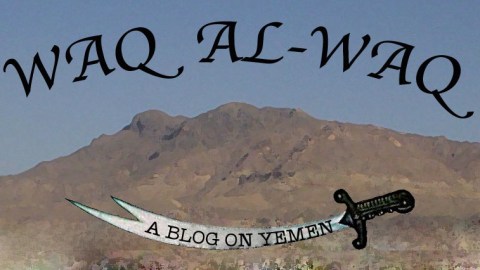Measuring Success

As the details of the undercover operation to infiltrate AQAP continue to be made public the picture of what happened is starting clear. As I wrote yesterday, it appears that the individual did indeed have a western passport – from the UK – and was initially recruited by British intelligence, which was involved in the operation along with the Saudis and CIA.
Obviously this operation was a stunning success for western and Saudi intelligence – or at least it was before all the juicy details started to leak. But, the question I’m pondering this morning is how damaging was this to AQAP.
And I do think the two things – success for the west and damage to AQAP – are separate things. Just because this was an intelligence coup doesn’t mean it damaged AQAP.
First, we – or at least, I’m – unsure if information from the undercover operation led to the drone strike on Fahd al-Qusa. So, that is open question, which we’ll put to the side for the moment.
Beyond that, what else did AQAP lose?
Ibrahim Asiri – the bombmaker we know about, but likely not the only one – is still at-large and indeed AQAP seems to have been concerned enough about security protocol that the undercover agent apparently never met Asiri, nor did he apparently visit the bomb laboratory that AQAP claims to posses.
AQAP did lose a bomb and now the US has in its hands the latest version of what AQAP was attempting to smuggle on to a plane, but that is about it. Intelligence agencies foiled this plot, but they didn’t damage AQAP’s ability to conduct similar attempts in the future. And that is worrying.
I would also like to push back a bit against the common assumption in the west that Asiri is a creative or evil genius.
It may be the case that Asiri is truly the mastermind of all of these attacks – although that was also said about Anwar al-Awlaki before the US killed him in late 2011.
Let’s go back to the beginning – I won’t give Asiri’s complete history, which I have already written about here, and is dealt with completely in an upcoming publication – but let’s look at the first attack we know he was involved with.
That would be the August 2009 attempt to assassinate Muhammad bin Nayif. We know that Ibrahim’s younger brother, Abdullah, was the suicide bomber and it is often assumed that Ibrahim was the mastermind behind this plot.
But what we know is that the idea for the assassination came not from Ibrahim Asiri but rather from Qasim al-Raymi, AQAP’s military commander.
What we don’t know is how involved Asiri was in the planning. We know he built the bomb. But was the idea for disguising the bomb in his brother’s rectum his or did this come from Raymi or someone else?
We know that Asiri built the 2009 bomb – but was the idea his? What I’m getting at is the possibility that Asiri – despite what is written in the press – may be more technical expert than innovative genius.
He might be the individual responsible for all these ideas about bomb placement – but what we know about AQAP suggests that this is more a result of continuing discussions between a number of people often led by Raymi of which Asiri is a part – but only a part.
Just a little push back against the idea – like last year’s idea about Awlaki – that the US and the west will somehow be safer if only Asiri were dead. I’m not so sure.




